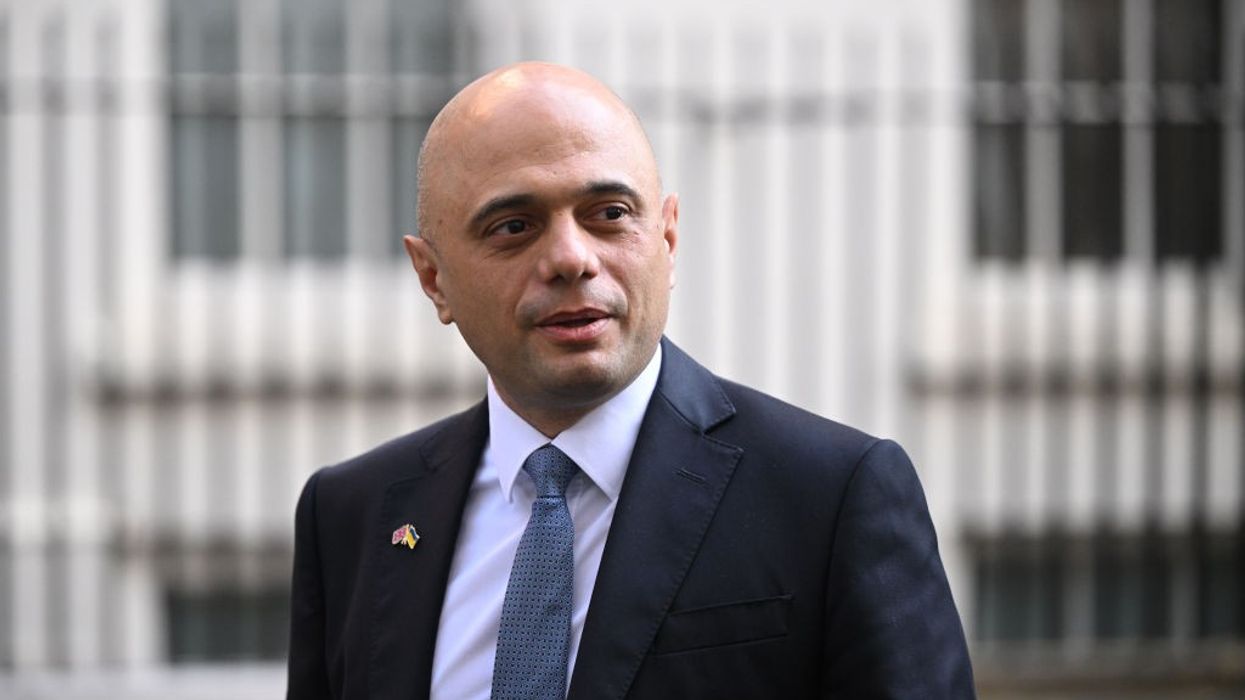Former health secretary Sajid Javid has called for an “honest debate” on funding the NHS to make the health organisation sustainable for the future.
He did not specify how it should be funded but suggested the UK should emulate Germany and France which run hybrid health systems.
In Germany, employees pay seven per cent of their pre-tax salaries for their health insurance scheme with their employers making matching contributions. The treatment of the poorest is funded by the government.
The French health system runs on mandatory contributions from employees and employers and the self-employed. While the central government also funds the system, users have to pay a small part of the cost of their medical treatment.
Javid, who served as the health secretary for more than a year till he resigned from the Boris Johnson government in July, said the publicly funded NHS cannot survive for long without fundamental reforms.
Referring to debates in Scotland on charging the rich for some of the care they receive, he told Sky News, “I actually welcome having that kind of discussion because we need to have this honest debate as a country.”
“I don’t think the NHS will survive many more years… unless we start making fundamental reform,” Javid, who recently announced he would not contest the next general election, said.
“We cannot pretend that the current system is providing good healthcare for people when "everyone is queueing for everything,” he said.
According to him, there have been a lot of changes since the NHS was set up seven decades ago and the model adopted at the time does not work going forward.
The Conservative politician said, “people are living longer, therefore needing more health care, and social care for that matter, new medicines. And everyone rightly wants to get access to new medicines and treatments and also the changing burden of disease.”
"You know, we have a lot more obese people today, we have a lot more problems with addiction," Javid, who previously worked as home secretary and chancellor of the exchequer said.
“We cannot pretend that the current system is providing good healthcare for people when "everyone is queueing for everything,” he said.
NHS won't survive unless we start making fundamental reform: Sajid Javid
Former health secretary suggested the UK should emulate Germany and France which run hybrid health systems.




